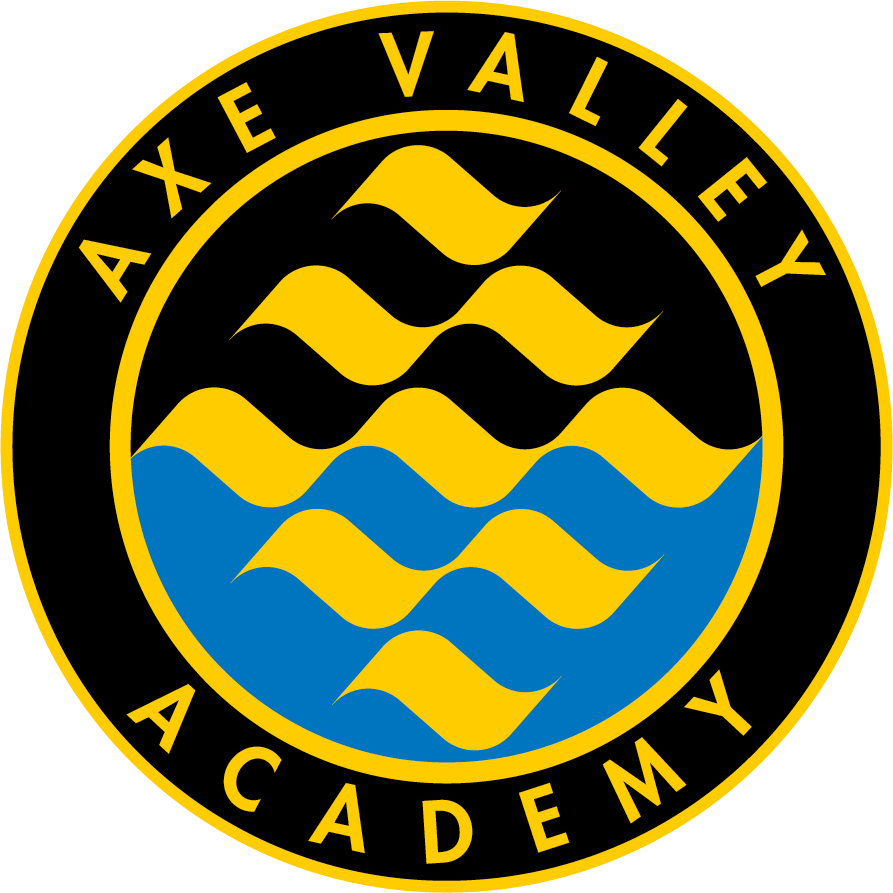
Curriculum Overview
The curriculum makes students cleverer
The academy curriculum will make our students cleverer by producing durable changes in their long-term memories. They will develop the knowledge-rich mental frameworks to make sense of the world, to appreciate diversity, to be creative and curious, and to recognise the power of academic subjects to uncover deep truths and create beautiful, useful things. Students leave the academy with the knowledge to ask pertinent questions about the world and able to evaluate suggested answers to their questions.
The curriculum is not restricted to the subjects taught and assessed. It includes non-assessed content such as clubs, trips, visits, and so on.
Common values that underpin our curriculum are kindness, integrity and perseverance. Consequently, we pitch high and provide genuine challenge for all students, which support to reach high standards. We show that errors and misconceptions are essential in developing deep understanding, and that first efforts are rarely our best. By exposing students to the norms of many cultures, religions, time periods and lifestyles, we engender respect for diversity.
Our subject curricula enable students to:
Develop subject-specific knowledge and skills
Learn the big ideas of academic disciplines
Read critically across their subjects
Write eloquently and incisively across their subjects, demonstrating a large vocabulary
Solve novel problems, transfer their knowledge to new scenarios, and create original work
Frame the world around them with big ideas
Have broad options post-16: A-levels, vocational courses, technical qualifications, apprenticeships; they will be able to choose university if that’s what they want
Curriculum Principles
The individual subjects in the curriculum continually evaluate and develop their curriculum planning and delivery based on these key principles:
The prior learning of students has to be considered to determine where to start.
The sequencing of curriculum content makes a big difference to how students understand it.
Since we make memories as connected networks, we deliberately link concepts in the curriculum within and between subjects.
Advanced skills are built on a foundation of secure knowledge, and we use overlearning and retrieval practice to promote fluency and automaticity in fundamental knowledge and skills.
Developing students’ literacy, in the broadest possible sense and including developing a broad academic vocabulary, is vital to our curriculum.
Curriculum content is interleaved to allow recap and recall of previous topics after a ‘forgetting’ period.
Curriculum Structure & Time
Students are taught for 25 lessons a week – each is 60 minutes long. In addition students have a daily tutorial period (25 minutes). The school day starts everyday Monday to Friday at 8:50am with the first lesson/morning registration and the end of the school day is at 3:25pm. Term dates can be viewed here.
Our curriculum structure is designed to maximise the benefit our students obtain from the excellent teaching at the Academy. Throughout Key Stages 3 and 4 our students are supported, challenged and encouraged to do their best. Students choose their options at the end of Year 9.
Please click here to see a summary of the Academy curriculum structure.
Details of the taught curriculum can be found on the individual subject pages and the Key Stage 3 and 4 sections of this website.
Lesson timings
Start of Day - 0845
Period 1 - 0850 to 0950
Period 2 - 0950 to 1050
Morning Break - 1050 to 1110
Period 3 - 1110 to 1210
Period 4 - 1210 to 1310
Lunchtime - 1310 to 1400
Tutor Time - 1400 to 1425
Period 5 - 1425 to 1525
End of Day - 1525
Total time from start of Period 1 to end of Period 5 is 6 hours 35 minutes.
Total time per week is 32 hours 55 minutes.
Access to Curriculum
We believe that all our students are entitled to study the full range of subjects offered across our curriculum. This includes those students with additional needs and disabilities. We operate an open option system for key stage 4 where all subjects are available to all students. Any adaptation to the curriculum is made after careful consideration of the student’s particular needs and only after all alternatives that would allow them to continue with that subject have been considered . This is done in consultation with parents and students and only with the consent of both parents and students.
Setting Arrangements
Key Stage 3
Broadly, we look to have set ability groupings with some mixed ability groups where appropriate at Key Stage 3. This is based on best practice in a number of high performing schools in the region. Our staff are highly experienced at teaching in both timetable arrangements and high expectations are set across all subject areas.
Set by English ability - English, French, Geography, History, PSHE, RE and Spanish.
Set by Mathematical ability - Maths and Science
Mixed ability classes - Art, Computing, Drama, Music, PE, and Technology.
Key Stage 4
Set ability classes - English, Maths and Science.
Mixed ability classes - Option Subjects and Core PE.
Key Stage 4 Option Subjects (Years 10 to 11)
Option Subjects
Year 10:
Art and Design, ASDAN CoPE, Computer Science, Creative iMedia, Design & Technology, French, Food Preparation and Nutrition, Geography, Health & Social Care, History, Music, Performing Arts, Photography, Religious Studies, Spanish, Sports Science and Statistics.
Year 11:
Art and Design, ASDAN CoPE, Computer Science, Creative iMedia, Design & Technology, French, Food Preparation and Nutrition, Geography, Health & Social Care, History, Music, Performing Arts, Photography, Religious Studies, Sports Science and Statistics.
Examination Board Websites
ASDAN
AQA
EDUQAS WJEC
OCR
PEARSON EDEXCEL
For further information about our curriculum please contact the Academy via the contact details shown below or on our Contact Us page
